Optimal Timing for Waterproofing Applications
Waterproofing is a critical component in protecting structures from water intrusion and damage. The timing of waterproofing applications can significantly impact their effectiveness and longevity. Proper scheduling ensures that waterproofing materials adhere correctly and perform optimally, reducing the risk of future issues.
Spring and fall are ideal for waterproofing projects due to moderate temperatures and lower humidity levels, which facilitate better adhesion and curing of materials.
Avoid waterproofing during heavy rain, extreme cold, or high humidity, as these conditions can impair application and curing processes.
Ensure surfaces are clean, dry, and free of debris before application to maximize effectiveness and durability.
Applying waterproofing at the right time extends the lifespan of the protection, minimizes maintenance, and prevents costly repairs caused by water damage.
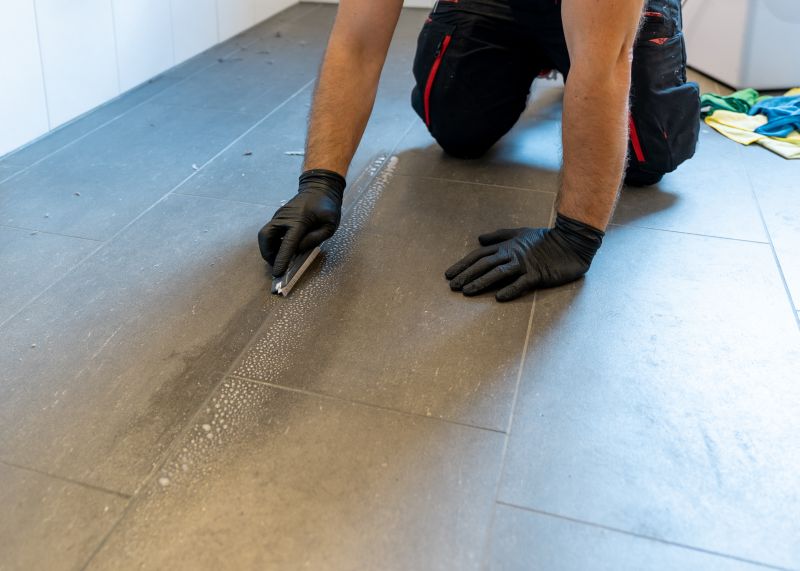
Ways to make Waterproofings work in tight or awkward layouts.
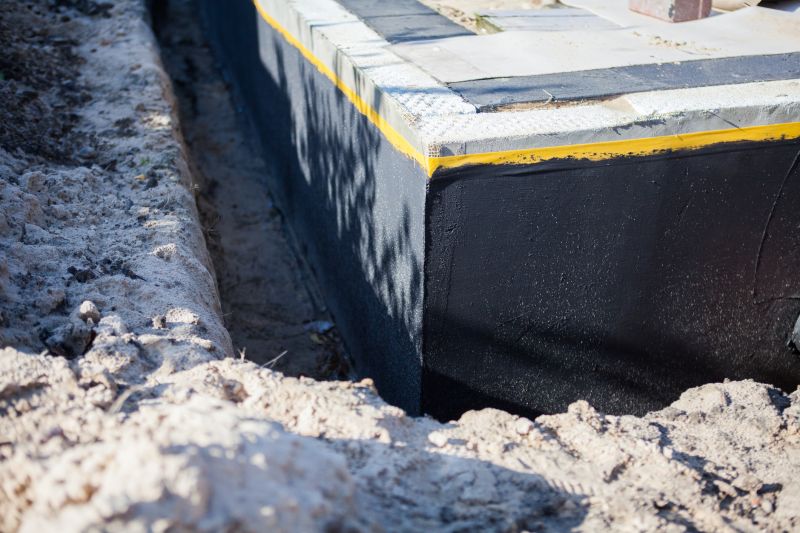
Popular materials for Waterproofings and why they hold up over time.
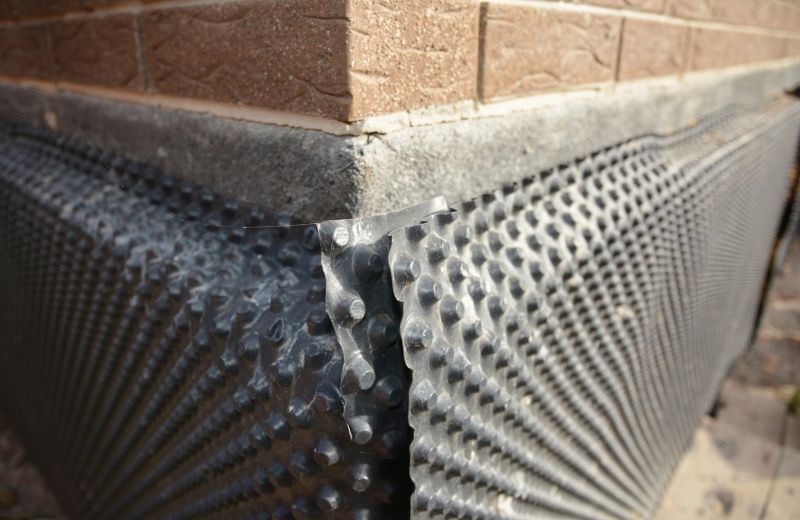
Simple add-ons that improve Waterproofings without blowing the budget.
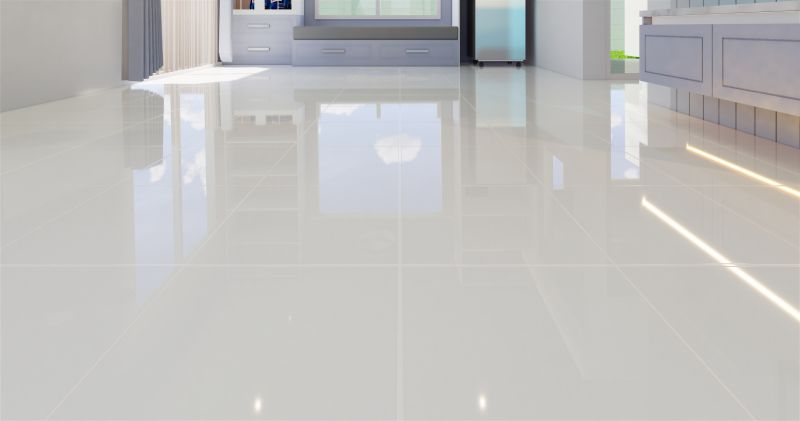
High-end options that actually feel worth it for Waterproofings.
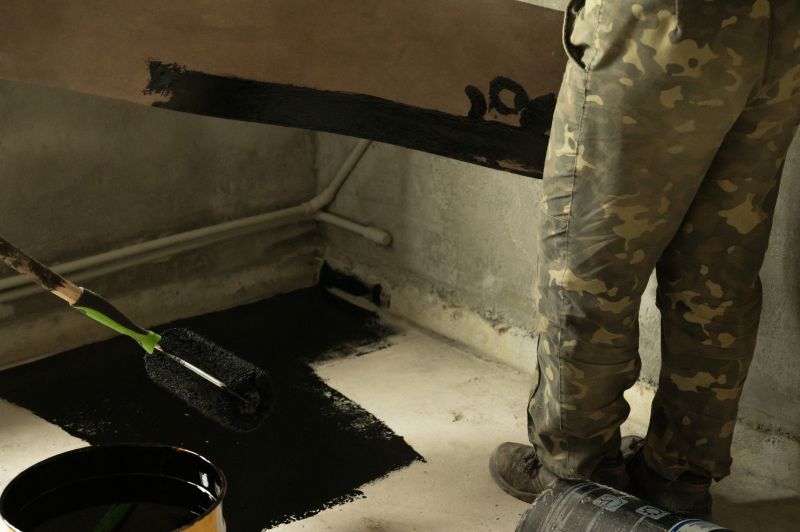
Finishes and colors that play nicely with Waterproofings.
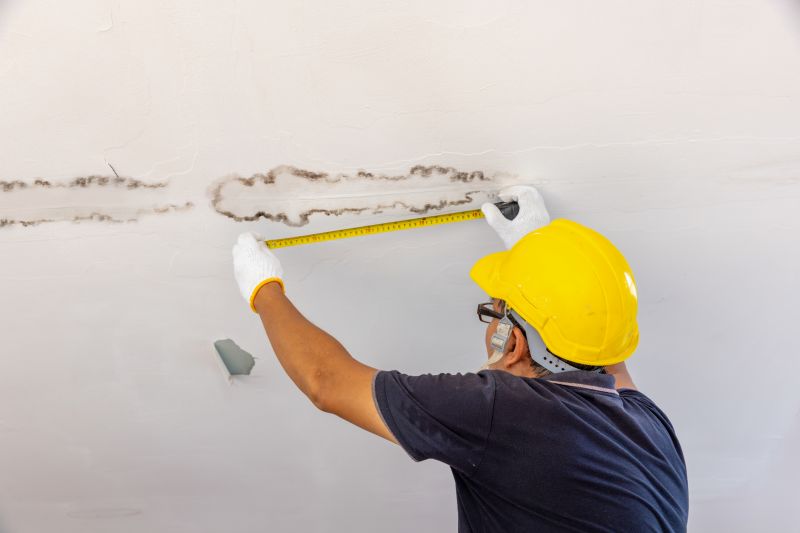
Little measurements that prevent headaches on Waterproofings day.
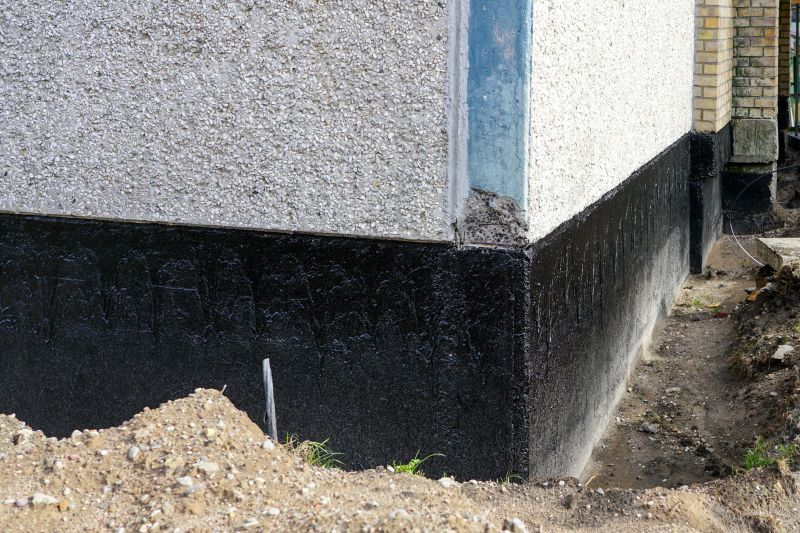
A 60-second routine that keeps Waterproofings looking new.
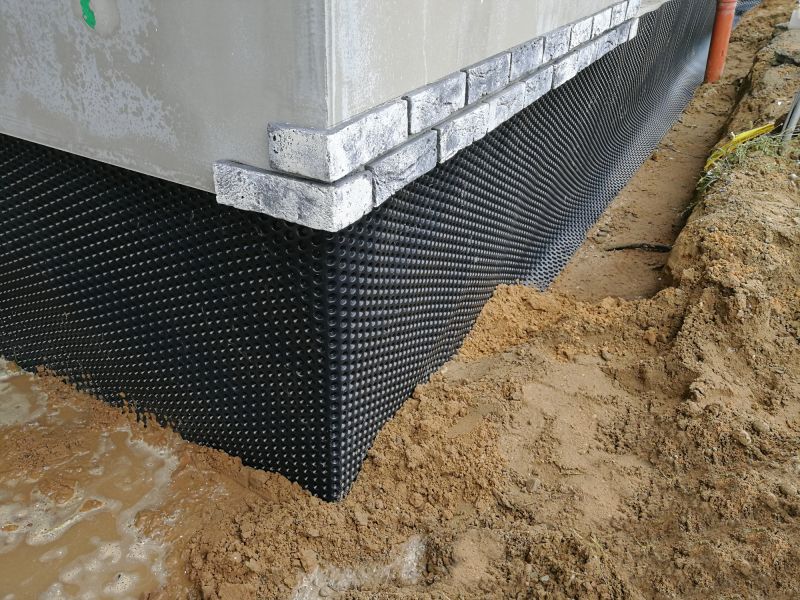
A frequent mistake in Waterproofings and how to dodge it.
| Season | Ideal Conditions |
|---|---|
| Spring | Moderate temperatures, low humidity |
| Fall | Cool weather, dry conditions |
| Summer | Hot and humid, less ideal |
| Winter | Freezing temperatures, high moisture |
| Post-rain periods | Wet conditions to avoid |
Waterproofings involve applying protective materials to surfaces to prevent water penetration. These materials include sealants, membranes, coatings, and barriers designed to withstand various environmental conditions. Proper application and timing are essential to ensure the longevity and effectiveness of waterproofing systems.
Statistics indicate that waterproofing failures often result from improper timing or application during unsuitable weather conditions. Studies show that projects executed during optimal seasons experience fewer repairs and longer-lasting protection. Planning waterproofing activities around favorable weather conditions enhances performance and reduces maintenance costs over time.
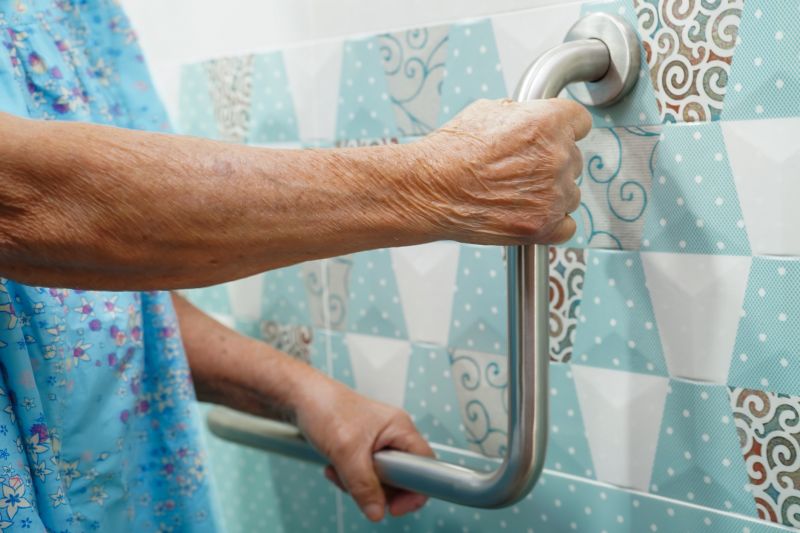
Small tweaks to make Waterproofings safer and easier to use.
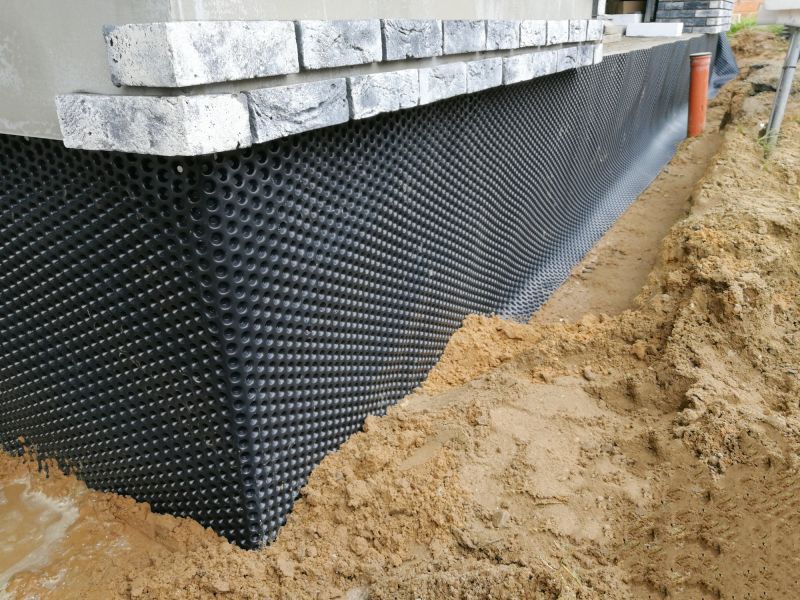
Lower-waste or water-saving choices for Waterproofings.
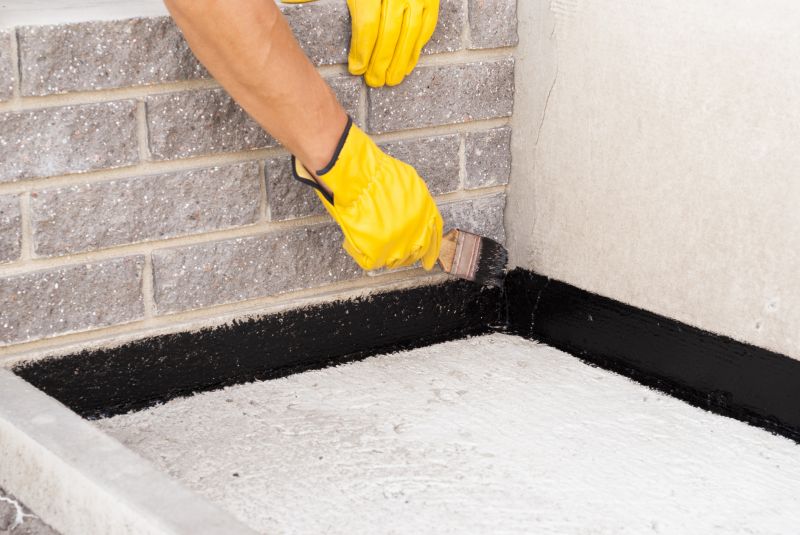
The short, realistic tool list for quality Waterproofings.
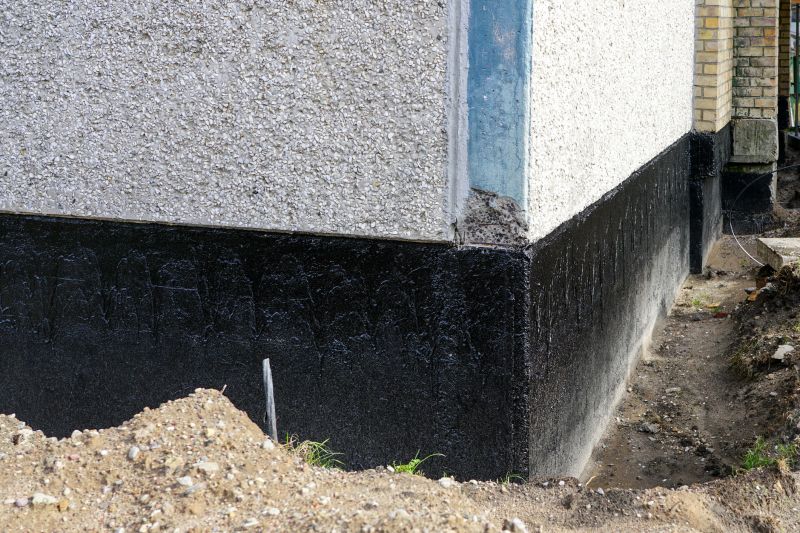
Rough timing from prep to clean-up for Waterproofings.
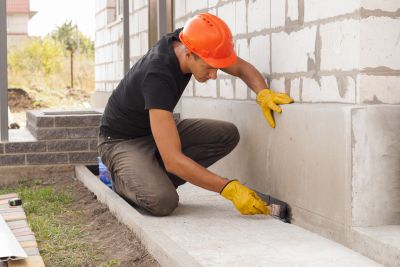
Quick checks and paperwork to keep after Waterproofings.
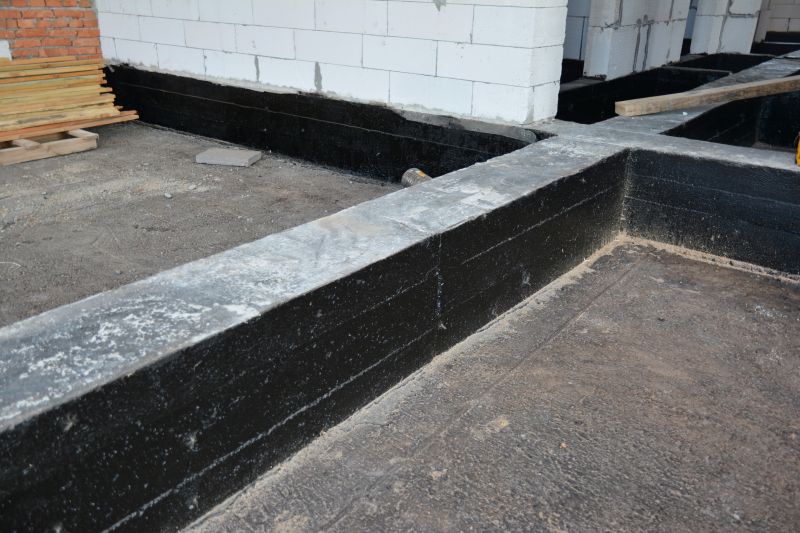
Examples that show the impact a good Waterproofings can make.
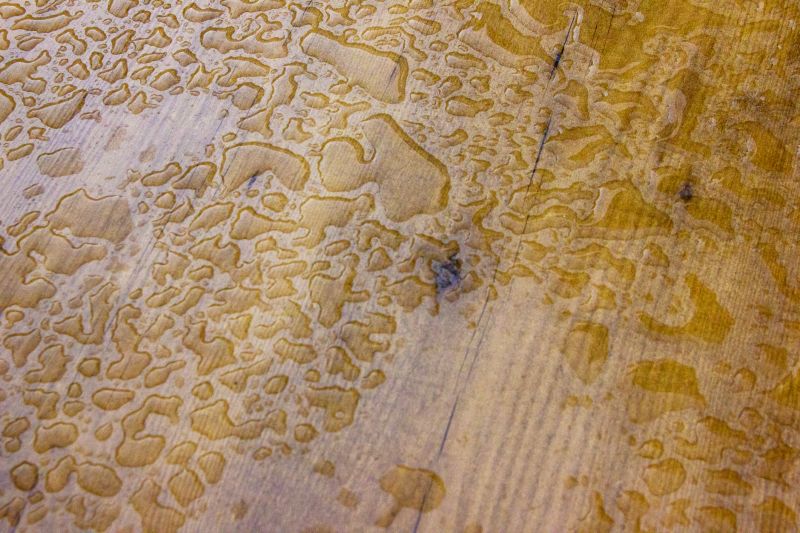
Ways to make Waterproofings work in tight or awkward layouts.
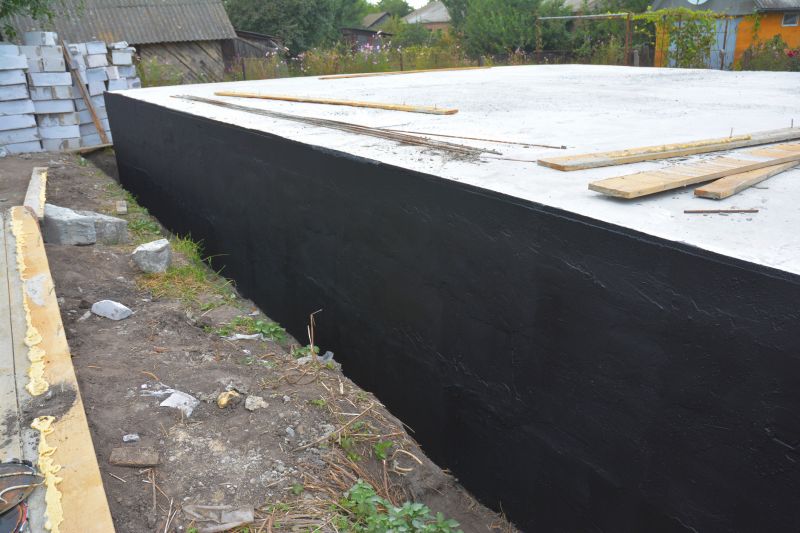
Ways to make Waterproofings work in tight or awkward layouts.
Interested parties are encouraged to contact for more information on scheduling waterproofing projects. Proper timing ensures optimal results and protects structures from water-related damages, ultimately saving costs and extending the lifespan of the property.


